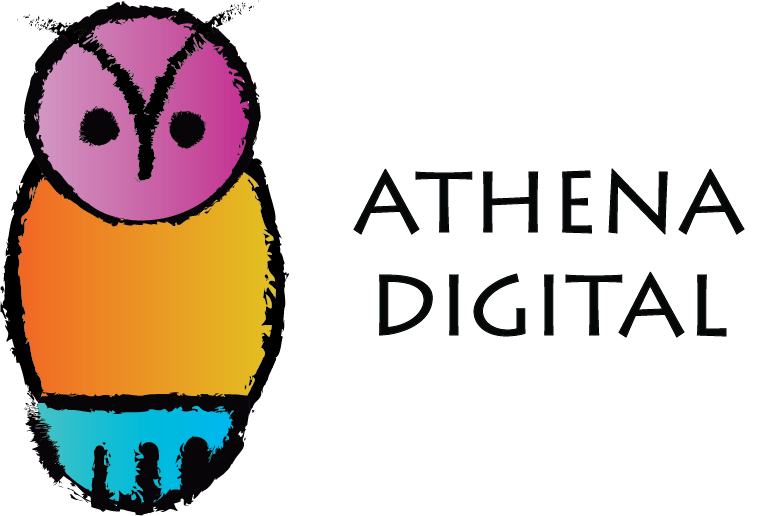There has been a maelstrom of debate over Facebook’s policies as of late, including their fact checking policy. I wanted to take a moment to address this issue because, as an agency that runs facebook advertising, it’s important for our followers and clients to understand what’s really going on.
The key Facebook Advertising policy decisions that are under scrutiny.
-
Running political ads. Facebook will continue to run Political ads.
-
Fact-checking. Facebook has a “loose” fact-checking policy.

Let’s take a closer look at both of these policies.
Running political ads.
Many folks are arguing that Facebook Advertising has immense access to getting information to people and should, therefore, take responsibility for showing people accurate information. Zuckerberg’s philosophy is that banning political ads from Facebook — or fact-checking them — would be overstepping Facebook’s role.
The logic is based in Freedom of all speech — facts and lies and everything in between — enables a transparent public discourse, and that public discourse, over time, leads to “the truth” as bad ideas are discarded and good ideas win out.
Zuckerberg has said “In a democracy it’s really important that people can see for themselves what politicians are saying so they can make their own judgments. I don’t think that a private company should be censoring politicians or news.”
With that said, Facebook is currently working on a middle ground. They are considering a label on political ads that spells out that they haven’t been fact-checked. And also considering putting limitations on ad spend as well as targeting for political ads.
So while the media has been portraying Facebook demonically on this topic, it really is about a philosophical discord on the slippery slope of freedom of speech.
Now, for the second area of controversy.
Fact checking.
Facebook has taken the stance that as a private company, they want to limit their role in “mediating” information. That said, they do have a set of standards they adhere to when misinformation is spreading on the platform. For example, when the Brazilian President posted that hydroxychloroquine was a “proven” cure for Covid-19, it was taken down immediately as it was spreading false information that could cause physical harm.
Facebook uses a system of independent fact checkers to go through the top trending posts and removes anything that can cause harm, violence, etc.
I think we all have to remember something- there’s no utopia. No one and no thing is perfect. We’re all trying to do the best we can with what we have. Are there frustrations with the platform and some of its policies? Absolutely. But I will continue to use Facebook to run ads.
Facebook advertising is still the most powerful advertising platform in the world. My job as an advertiser is to get the absolute best possible results for my clients. And if Facebook is the correct vehicle for that, I will continue to use it. I have founded my company on the principle that we only support companies doing good in the world. So my responsibility as an advertiser starts with the content that I put out on behalf of my clients.
I, for one, believe that if we all took more personal responsibility in this manner, this debate would be moot. Unfortunately, this is not the reality, which is why Facebook is always looking at ways to find the common ground between allowing free speech and promoting blatant inaccurate information that can be harmful.
We’re all watching as the country and the world works to find itself amidst so much strife. Hopefully by working with purpose- driven companies, Athena Digital can, in some small way be a part of a greater solution towards positivity, abundance, and responsibility on social media.
#facebookadvertising #facebookads #fbads #socialmediamarketing #digitalads

